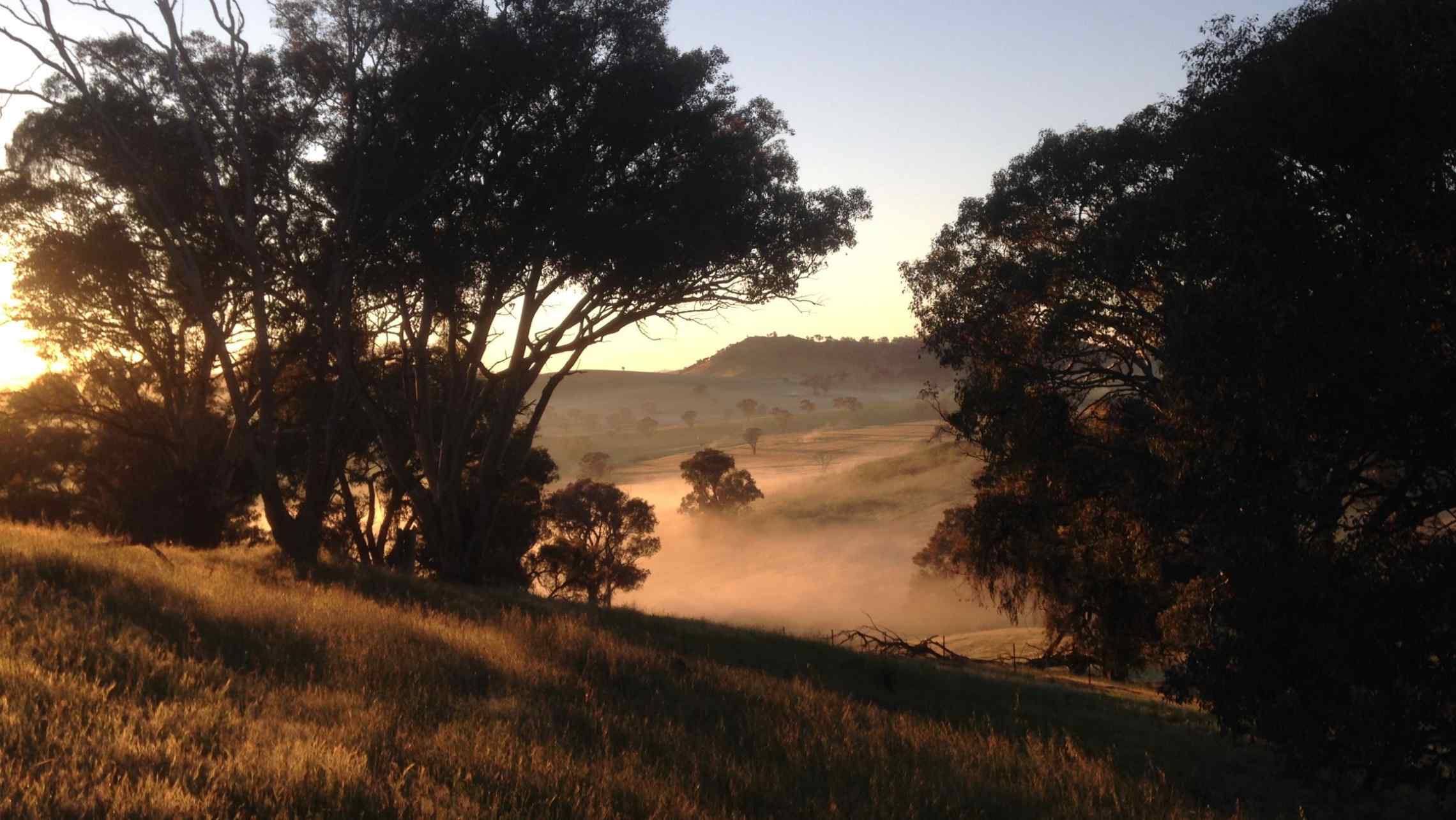
Sustainable farm financing: discussion summary
In an era of climatic uncertainty and increasing droughts, farm improvement projects that restore degraded land, enhance natural assets and improve drought resilience are becoming ever more important. However, sustainable funding of these projects presents a challenge that requires novel solutions.
On Monday 12 October 2020, Sustainable Farms hosted a webinar on the concept of using a revenue-contingent loan system (RCL) for the financing of farm improvement projects. The webinar is the first step in a public discussion about this proposal, and brought together Sustainable Farms Directors along with representatives from the National Farmers Federation (NFF) and Regional Investment Corporation (RIC).
The webinar had its foundations in a paper authored by Sustainable Farms Research Directors Professors Bruce Chapman and David Lindenmayer (available here).
Watch the webinar recording below.
Webinar: Investing in Healthy Farms for the Future: a policy proposal.
Webinar summary
Director Michelle Young introduced the Sustainable Farms project. Michelle highlighted that our field ecologists have been monitoring the biodiversity outcome of natural asset investments on farms over the past twenty years, and with growing evidence for the multiple benefits of these investments, it’s now time to turn our attention to future funding of these investments.
Ecology Research Director Professor David Lindenmayer’s talk highlighted the considerable challenge posed both globally and here in Australia by the degradation of agricultural land. Restoring this land is vital for future agricultural production, carbon storage and biodiversity but is enormously expensive, and current grant programs or stewardship funds will be unable to meet the demand. Sustainable Farms’ focus is on restoration through enhancing natural assets. While these projects are great for enhancing overall land condition, it can take many years to see a return, which makes conventional loans a risky proposition for farmers wanting to fund these types of improvements.
This is where Professor Bruce Chapman’s work comes in. As Sustainable Farms Finance Research Director, Professor Chapman has been working with Professor Lindenmayer to come up with a proposal to address the challenges of financing on-farm natural asset improvements.
To date, governments have typically provided grants to farmers for investing in farm improvements. The challenge for government is how to maximise the effectiveness of government spending on agriculture, while ensuring farmers have the agency to make decisions themselves about spending on farm investment projects.
On the opposite side of the coin to government grants sit commercial loans. Given the time taken to reap financial rewards from natural asset management, commercial loans can be difficult to access and also risk creating repayment hardship and debt stress related to the potential risks of bankruptcy and property foreclosure.
Professors Lindenmayer and Chapman’s proposed solution is the development of a revenue-contingent loan for farm improvement works. Rather than requiring repayment on a time-dependent basis as commercial loans do, revenue contingent loans require repayment dependent on the annual revenue of the farm business, reducing the risk of debt stress.
The modelling that Professor Chapman and colleagues have done shows that the bulk of loans would be recovered with 5 years, based on farms repaying revenue contingent loans at a rate of between 2 and 8% of annual revenue. RCLs should not be seen as a replacement for commercial debt, but have several benefits that means they are worthy of consideration as part of the financing mix for farm businesses.
National Farmers Federation Chief Economist and General Manager Trade, Ash Salardini, and Regional Investment Corporation board member Mark Lewis responded to the proposal, which was then followed by audience Q-and-A.
Click here to access a full summary of the discussion and answers to audience questions.

